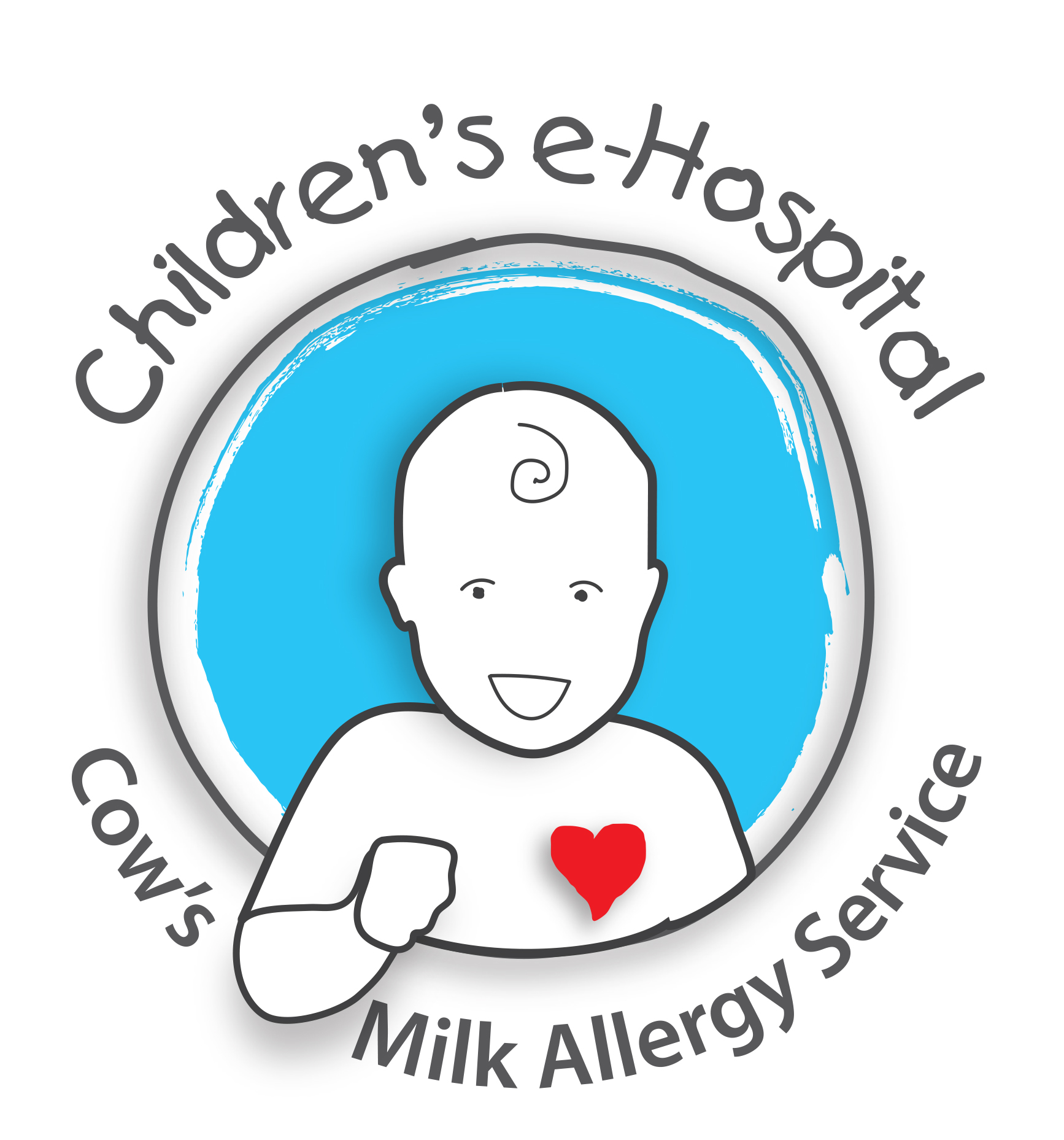Colic
Colic is the term used when an otherwise healthy baby cries excessively and cannot be settled. Whilst crying is a common feature in babies it could also be an indicator of illness (such as cow’s milk protein allergy or infection). Excessive crying may be considered to be crying for more than 3 hours a day, for more than 3 days a week and for three consecutive weeks in an otherwise healthy child. Colic affects up to 40% of babies and reaches a peak at 6 weeks of age and usually settles by 6 months.
This article has been written by Dr Tim Ubhi, a consultant paediatrician with over 25 years experience in paediatrics.
What causes colic?
Although the underlying cause of colic is unknown, many consider it to be due to muscle cramps in the intestines. The intestines are made up of muscles which in a baby are going through a process of adapting to milk being drunk and digested. It is this adaptation which is thought to cause discomfort. It is important to exclude other causes before attributing crying to colic (for example ensuring that the baby does not have a fever, is not lethargic, have a swollen abdomen, gastroesophageal reflux disease or have features of cow’s milk protein allergy).
Diagnosis
Colic is a diagnosis of exclusion which requires the consideration of red flags that might indicate more serious disease. These red flags include:
- Vomiting bile (green or greeny yellow vomitous)
- Constipation or diarrhea
- Blood or mucous in the poo
- Low or high temperature
- Irritability
- Lethargy
- Poor weight gain
Treatment
Management of colic is conservative. There is little evidence to support specific interventions unless other conditions such as cow’s milk protein allergy or gastroesophageal reflux disease is identified.





